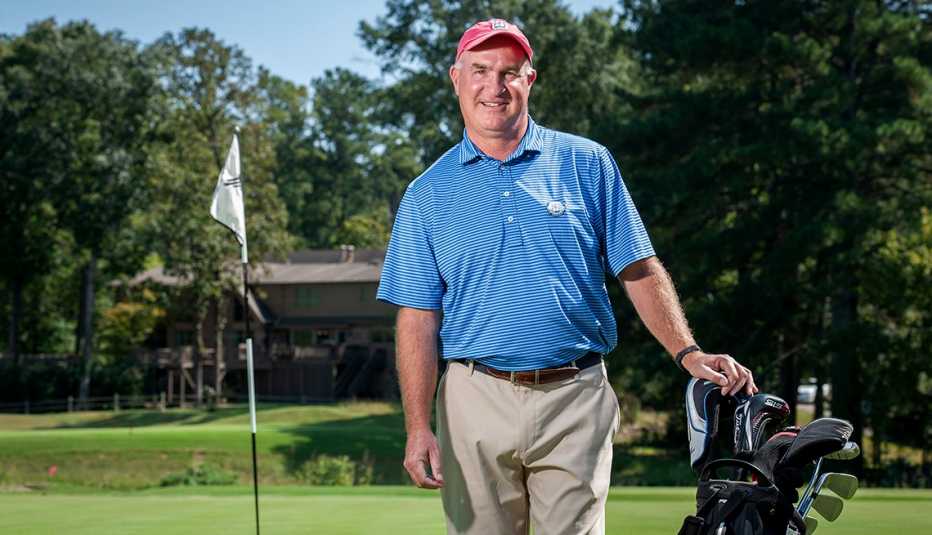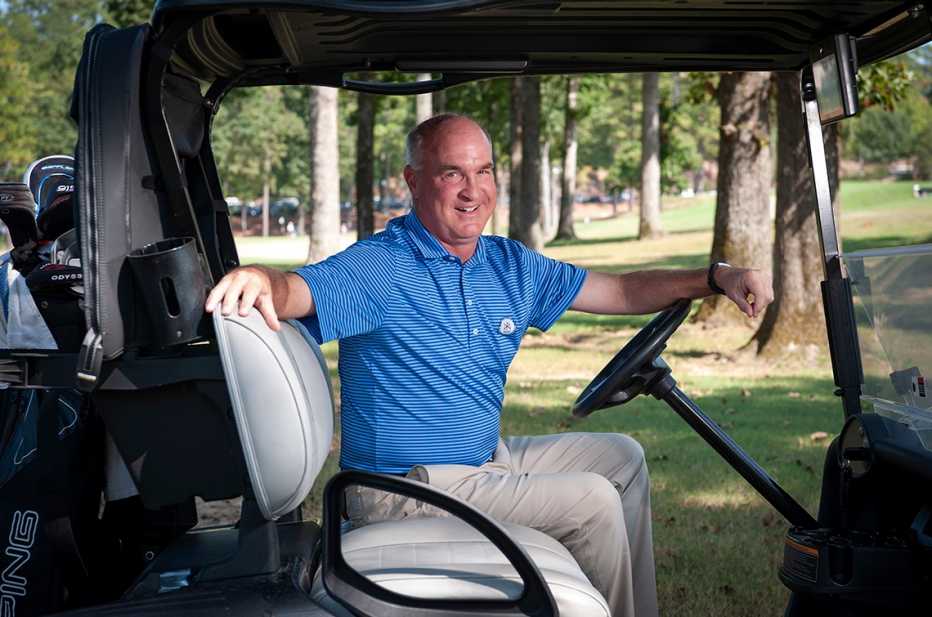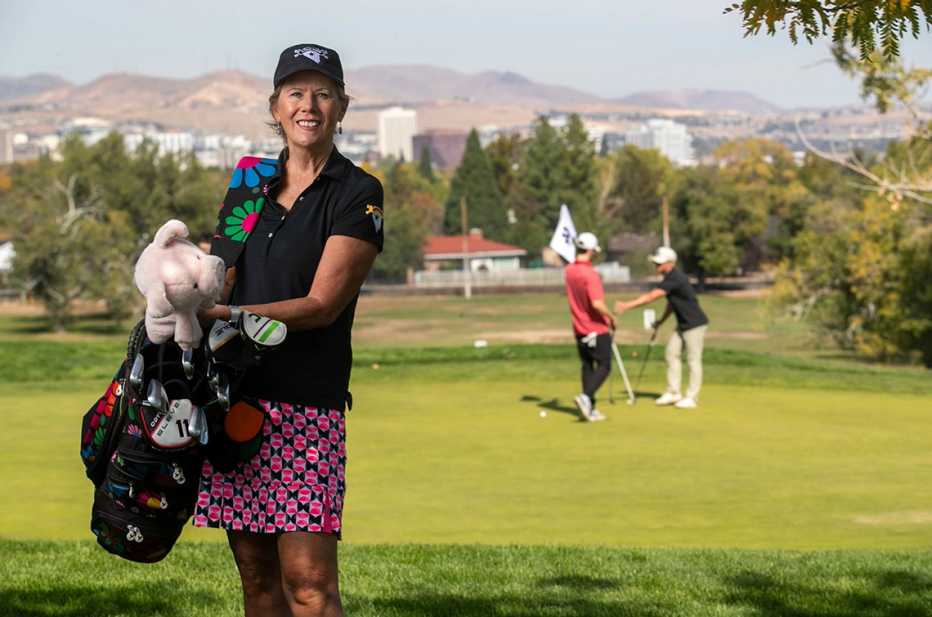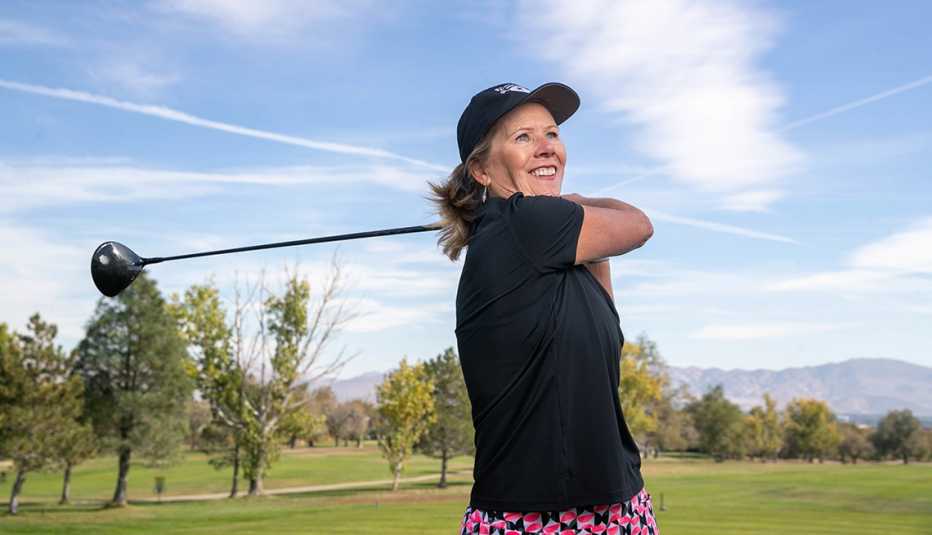Staying Fit


In May, after two decades teaching at a boarding school in Hagerstown, Maryland, Karl Yergey packed his bags, put his valuables in a storage unit and headed south to Alabama.


AARP Membership— $12 for your first year when you sign up for Automatic Renewal
Get instant access to members-only products and hundreds of discounts, a free second membership, and a subscription to AARP the Magazine.
His goal? To build a second career in golf administration. But first, he had to become an intern.
While internships mostly attract younger adults who are just starting their careers, these positions also can be suitable for older workers who are looking to change careers. There even is a special category called “returnships” that specifically focuses on helping older adults train for jobs after they have taken time off for retirement, caregiving or other responsibilities.
Many employers and organizations offer internships — paid and unpaid — and most of these programs don’t have caps on age. For example, this year the United States Golf Association’s internship program included three interns who are older than 50. Their experiences show that internships can be a way to learn new skills and share their years of experience in new ways.
For Yergey, who is 57, the internship is a pathway to turn a longtime hobby into a second career. He started playing golf as a graduate student at Boston College in Massachusetts and has been playing ever since.
Throughout his teaching career, Yergey spent summer breaks and holidays traveling to distant golf clubs, often volunteering to help with tournaments like the 1995 U.S. Women’s Amateur Golf Championship and the 1999 Ryder Cup in Florida.
In his early 50s, he began questioning his commitment to teaching and toyed with the idea of becoming a professional golf instructor but was concerned about finances.
In the summer of 2022, he saw an opportunity to start the change: Penn State Golf Course was looking for volunteers. “They needed people to help with timing and pace of the play, and I said, ‘What the heck, I’m a high school golf coach, I can go do that,’ ” Yergey recalls.
That summer, he also volunteered for two more events. Growing in confidence, he applied for an internship with a junior golf association but was rejected.


It was at that point that he found the P.J. Boatwright Internship Program, run by the U.S. Golf Association. Boatwright interns learn to manage all aspects of the game, working 40 hours a week at any one of the USGA’s 58 Allied Golf Associations across the country. Internships run from three months to a year. Participants receive a monthly income — $2,000 in Yergey’s case — depending upon the association. There is no age cap and no requirement that an applicant be a degree-seeking college student.
Yergey landed an internship with the Alabama Golf Association. As that role comes to an end, he reflects on his experience as being the senior member of his cohort.
“We learned from each other,” he says. “The media intern showed me some things that they were doing with social media [and] if I had a question about technology, and I certainly did, the other interns could help me with that. But … I was giving work advice, and I was giving advice to one of the other interns who is working on her master’s degree.”





































































More From AARP
More Older Workers Are Applying for Entry-Level Jobs, Survey Finds
Some are unretiring to cover rising expensesHow to Start a Side Hustle After Age 50
From renting a spare room to freelancing, these gigs help you earn money
Older Adults Worldwide Want Job Flexibility, Survey Finds
Opportunities to work from home and build new skills are priorities for workers globally